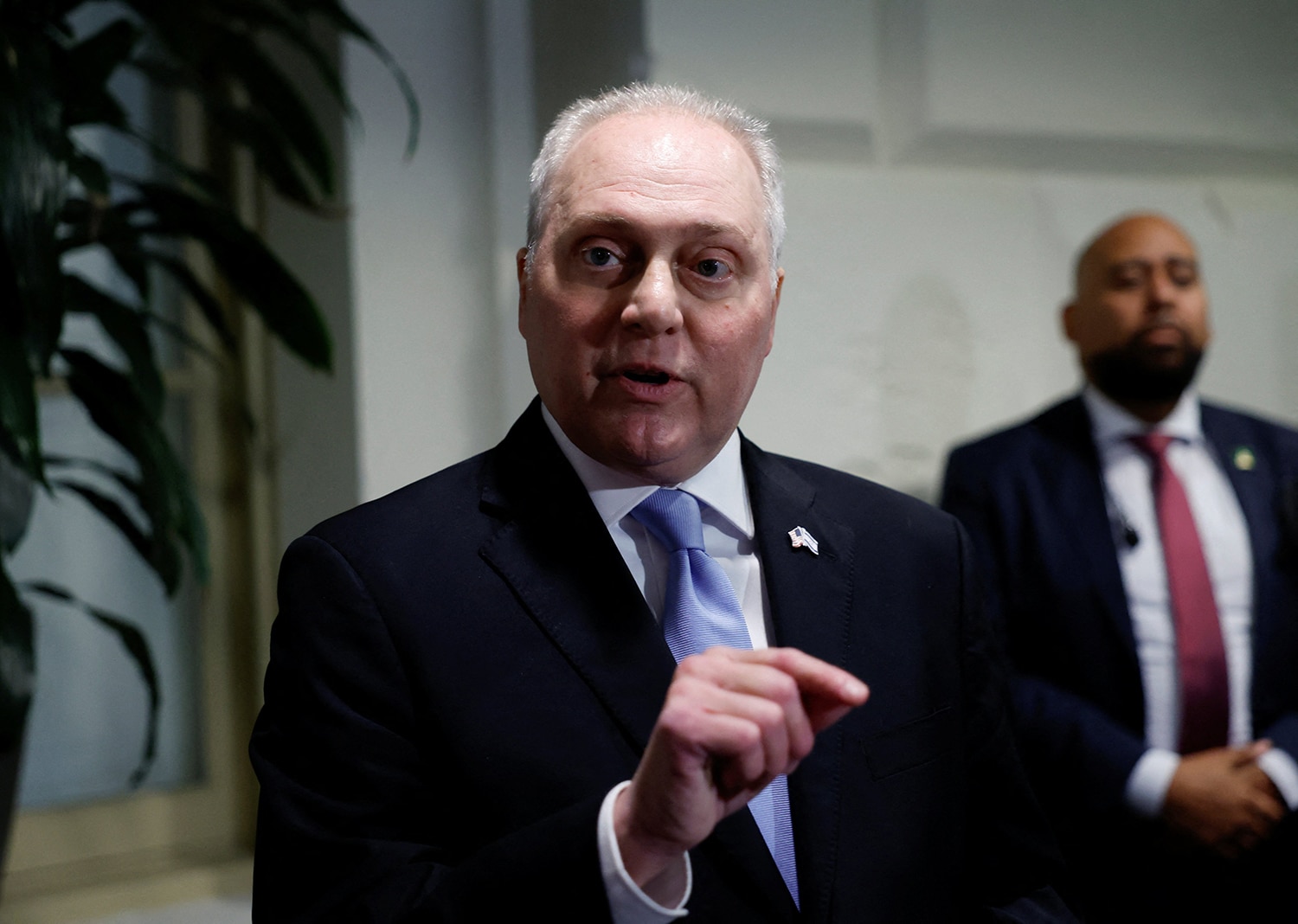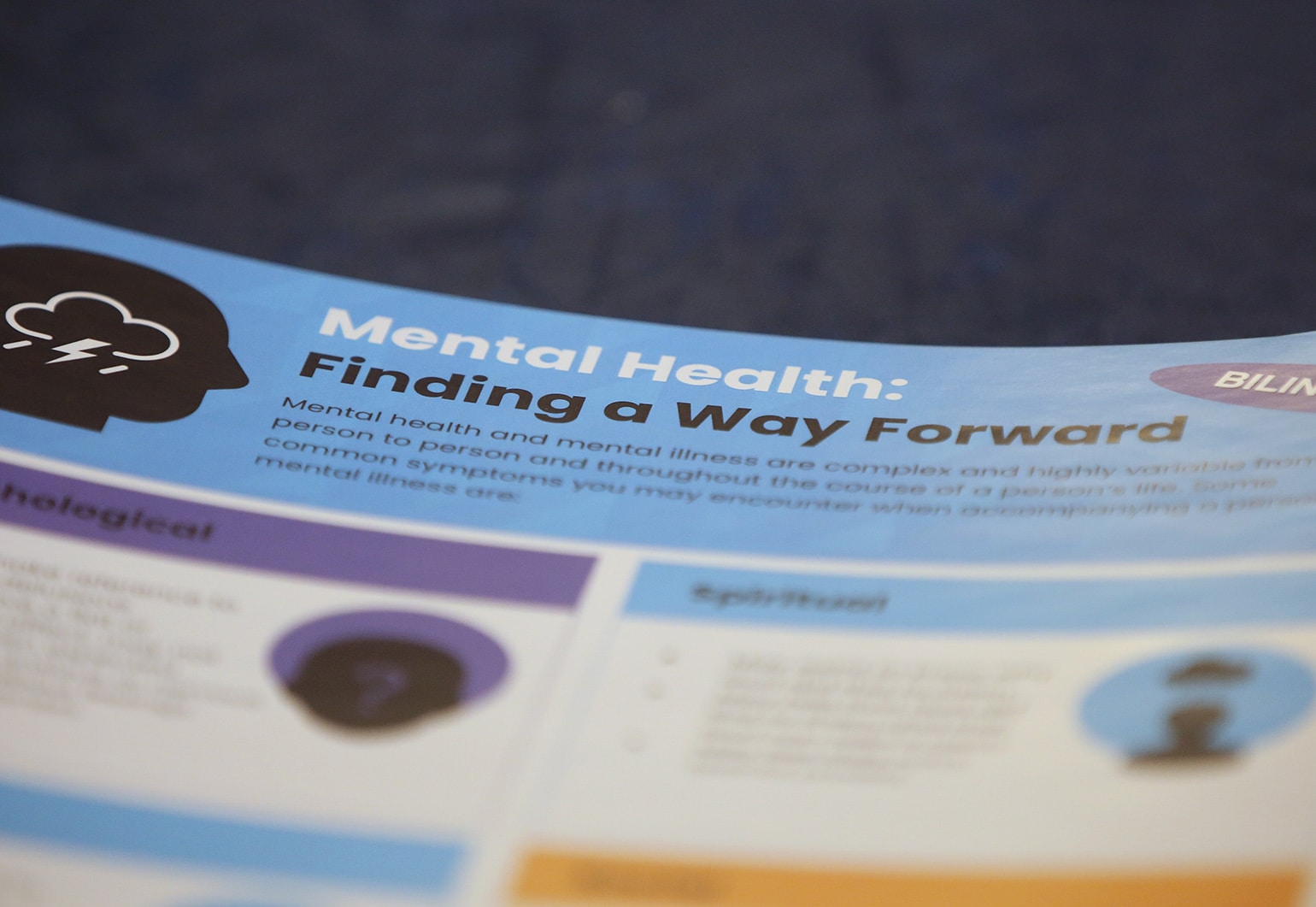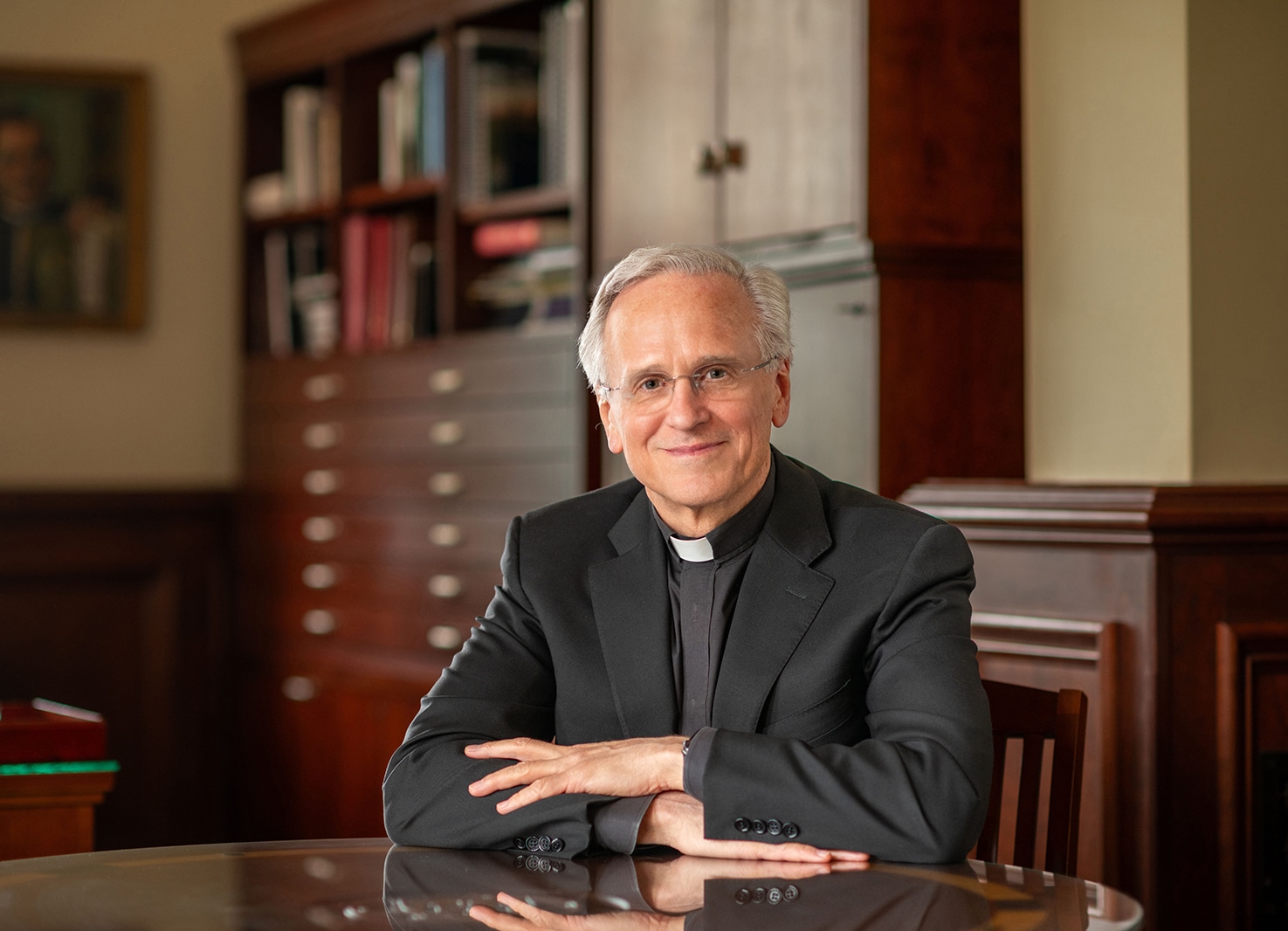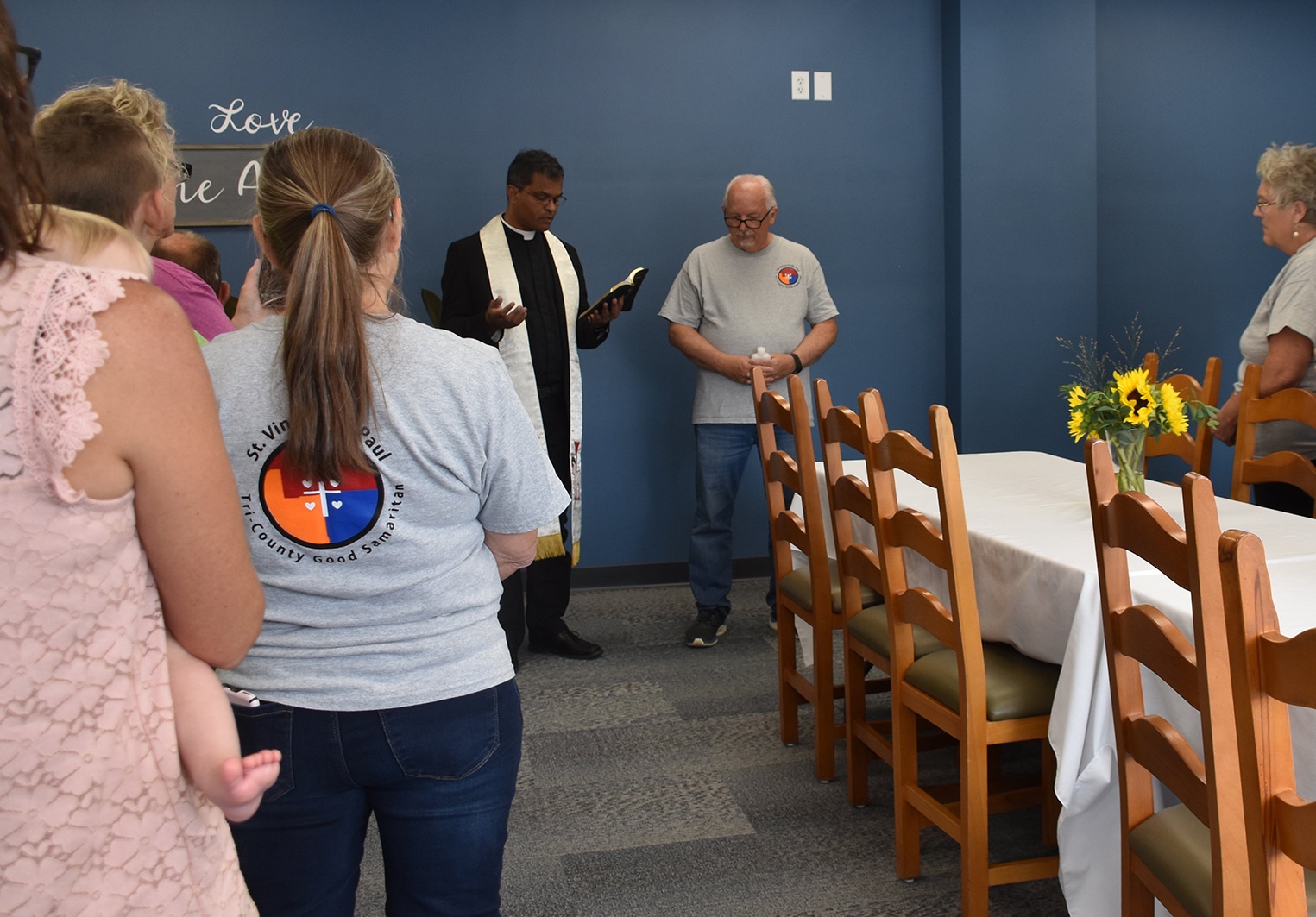Catholic institutions are challenging proposed regulations to implement the Pregnant Workers Fairness Act (PWFA) that would require employers to make accommodations for employees’ abortions, as the public comment period on those regulations comes to a close.
The U.S. Equal Employment Opportunity Commission (EEOC) issued the regulations for the PWFA — a new law that promises to protect pregnant and parenting women from workplace discrimination — for comment and input by the public from Aug. 11 through Oct. 10.
The PWFA, as a bipartisan bill, would not have passed in Congress if members thought it included abortion, according to a joint comment by the United States Conference of Catholic Bishops (USCCB) and The Catholic University of America (Catholic University).
“The leading authors and sponsors of the PWFA assured their colleagues in no uncertain terms that the Act imposed no requirement with respect to abortion,” their Sept. 27 20-page comment reads. “It is a certainty that the bill would not have had the bipartisan support it received, and would not have passed, had it meant the opposite of what the lead authors and sponsors of the bill said it meant.”
Their comment comes after the USCCB repeatedly expressed support for the PWFA and urged members of Congress to support it.
“The USCCB supported the bipartisan Pregnant Workers Fairness Act (PWFA) because of its commendable goal to support the well-being of women and their preborn children, which is a high priority for the bishops,” USCCB spokesperson Chieko Noguchi told Our Sunday Visitor.
“Abortion is not part of the Act, and is the exact opposite of supporting pregnancy,” she added. “The EEOC should not force abortion accommodations into a law meant to help pregnant mothers.”
At Catholic University, Jennie Bradley Lichter, who serves as deputy general counsel and director of the Guadalupe Project, an effort to welcome and support pregnant and parenting students, faculty and staff, outlined two main reasons why they submitted a comment.
“We’re very happy to see an effort by Congress and by the EEOC to make workplaces friendlier for pregnant women and mothers,” she told Our Sunday Visitor. “But — there’s a big but — we vigorously oppose the EEOC’s commandeering of the Pregnant Workers Fairness Act to push an abortion-rights agenda.”
Catholic University also wants the EEOC to make religious organizations categorically exempt from compliance with the law when it would conflict with their religious beliefs, Bradley Lichter said.
While the law went into effect in June, the PWFA requires the EEOC (which enforces the PWFA) to issue regulations to implement the law by Dec. 29.
Interpreting the law
The PWFA, among other things, generally requires employers with 15 or more employees to “make reasonable accommodations to the known limitations related to the pregnancy, childbirth, or related medical conditions” of their workers — unless the accommodation imposes an “undue hardship” on the business.
The law also extends its protection to job applicants and safeguards those requesting accommodations against retaliation.
According to the EEOC’s interpretation, the PWFA also includes accommodations for abortion.
“The list in the proposed regulation for the definition of ‘pregnancy, childbirth, or related medical conditions’ includes current pregnancy, past pregnancy, potential pregnancy, lactation (including breastfeeding and pumping), use of birth control, menstruation, infertility and fertility treatments, endometriosis, miscarriage, stillbirth, or having or choosing not to have an abortion, among other conditions,” the proposed rule reads.
The Catholic response
Ahead of the deadline for public input, the EEOC received more than 60,000 comments, including from many people who identified as Catholic. Catholic entities such as the Pennsylvania Catholic Conference and the New York State Catholic Conference submitted comments in addition to the USCCB and Catholic University.
While the USCCB and Catholic University commended the EEOC for its attention to supporting mothers in the workplace, they called the proposed regulations “problematic for several reasons.”
“The PWFA became law because of the willingness of members of Congress on both sides of the aisle to keep the bill focused on the wellbeing of pregnant women and their preborn children, rather than treading into the divisive area of abortion,” they wrote. “In passing the PWFA, Congress had no intention to create conscience problems for employers.”
The joint comment by the U.S. bishops and the university was signed by three USCCB officials — General Counsel William J. Quinn, Director of Legal Affairs Michael F. Moses, and Assistant General Counsel and Director of Religious Liberty Daniel E. Balserak — and Catholic University of America President Peter Kilpatrick.
They listed three main changes for the proposed regulations in their conclusion: “the final regulations (a) should not require an accommodation for abortion, (b) should state that, under the PWFA’s religious exemption, religious employers are not required to provide accommodations that conflict with their religious beliefs, and (c) should further state that any employer, whether secular or religious, is not required to provide an accommodation that infringes upon its right to religious liberty, speech, or expressive association, and that such an accommodation would impose an undue hardship on the employer, thereby excusing it from having to make that accommodation.”
Making a difference
At Catholic University, Bradley Lichter stressed that, in their view, the EEOC “has stepped far out of bounds in extending the PWFA to cover abortions.”
“What that means in practice, one concrete possibility of the regulations proposed by the EEOC, is that they would require employers to provide a leave accommodation for an employee to get an abortion,” even though, she added, PWFA co-sponsor Senator Bob Casey, a Democrat from Pennsylvania, previously said that the EEOC could not use the law to require abortion leave.
She also called on the EEOC to fix their proposed approach to implementing the statute’s religious exemption. Catholic University strongly encourages the EEOC to adopt a “categorical approach” — a possibility that she said the EEOC itself floated and invited public comments on.
“We think the EEOC should adopt an approach by which a religious organization does not have to provide accommodations that conflict with its beliefs, full stop,” she said. “So there’s no kind of intermediary case-by-case determination.”
Bradley Lichter also addressed the impact of public comments.
“By putting these views into the record, what we should see in the final rule — whether or not the EEOC goes in the direction we’re encouraging — they will have to offer a fulsome explanation of why, for example, they believe it’s legally correct to include abortion as one of the things that needs to be accommodated by the Pregnant Workers Fairness Act,” she said. “And they might decide to go in that direction and make out that case, but they will have to make that case in response to the comment.”
Religious exemption
The Federal Registrar, where the proposed regulations by the EEOC were posted, shares how public comments, which can be submitted by anyone, can affect the final rule or regulations.
“At the end of the process, the agency must base its reasoning and conclusions on the rulemaking record, consisting of the comments, scientific data, expert opinions, and facts accumulated during the pre‐rule and proposed rule stages,” it says.
“To move forward with a final rule, the agency must conclude that its proposed solution will help accomplish the goals or solve the problems identified,” it adds. “It must also consider whether alternate solutions would be more effective or cost less.”
The agency can also decide to not move forward.
“If the rulemaking record contains persuasive new data or policy arguments, or poses difficult questions or criticisms, the agency may decide to terminate the rulemaking,” it reads. “Or, the agency may decide to continue the rulemaking but change aspects of the rule to reflect these new issues.”
Bradley Lichter found it more likely that the EEOC would act on the religious exemption piece, which it invited input on, than removing abortion from their regulations.
“I do think there’s a good possibility that, on the religious exemptions piece,” she said, “the EEOC will end up changing course in response to comments.”







